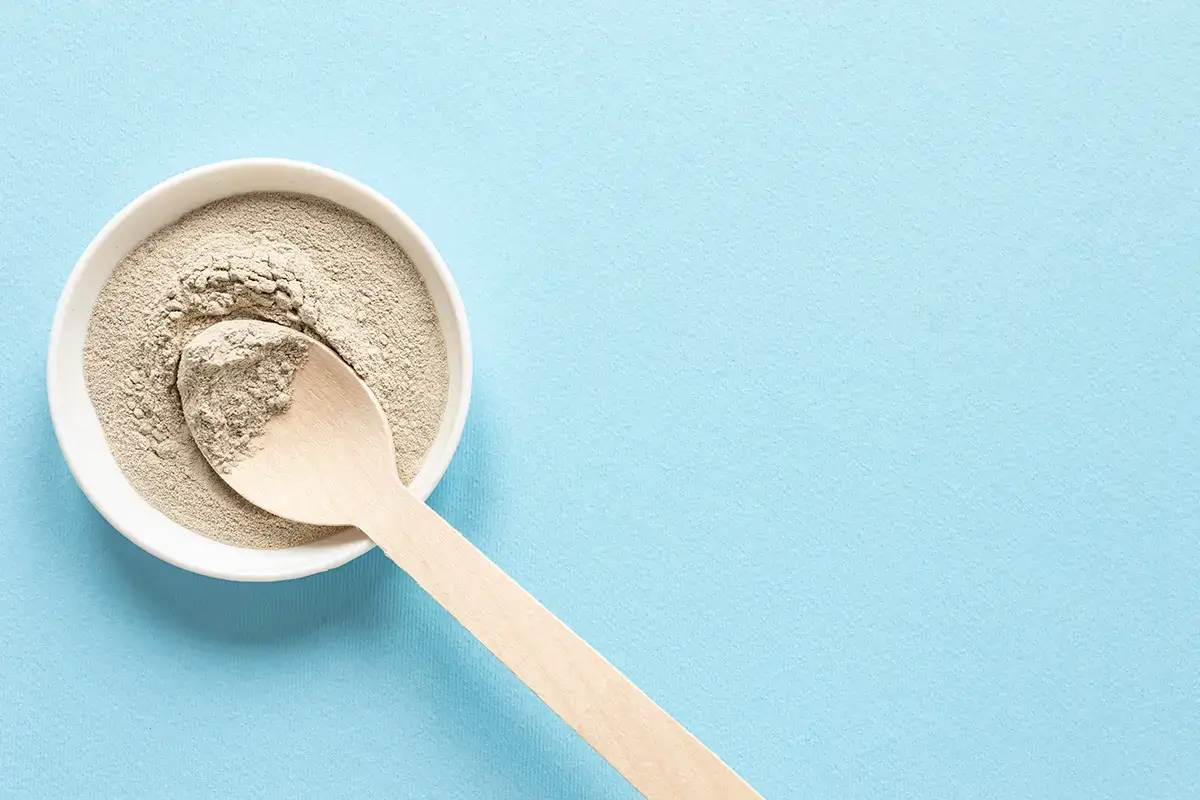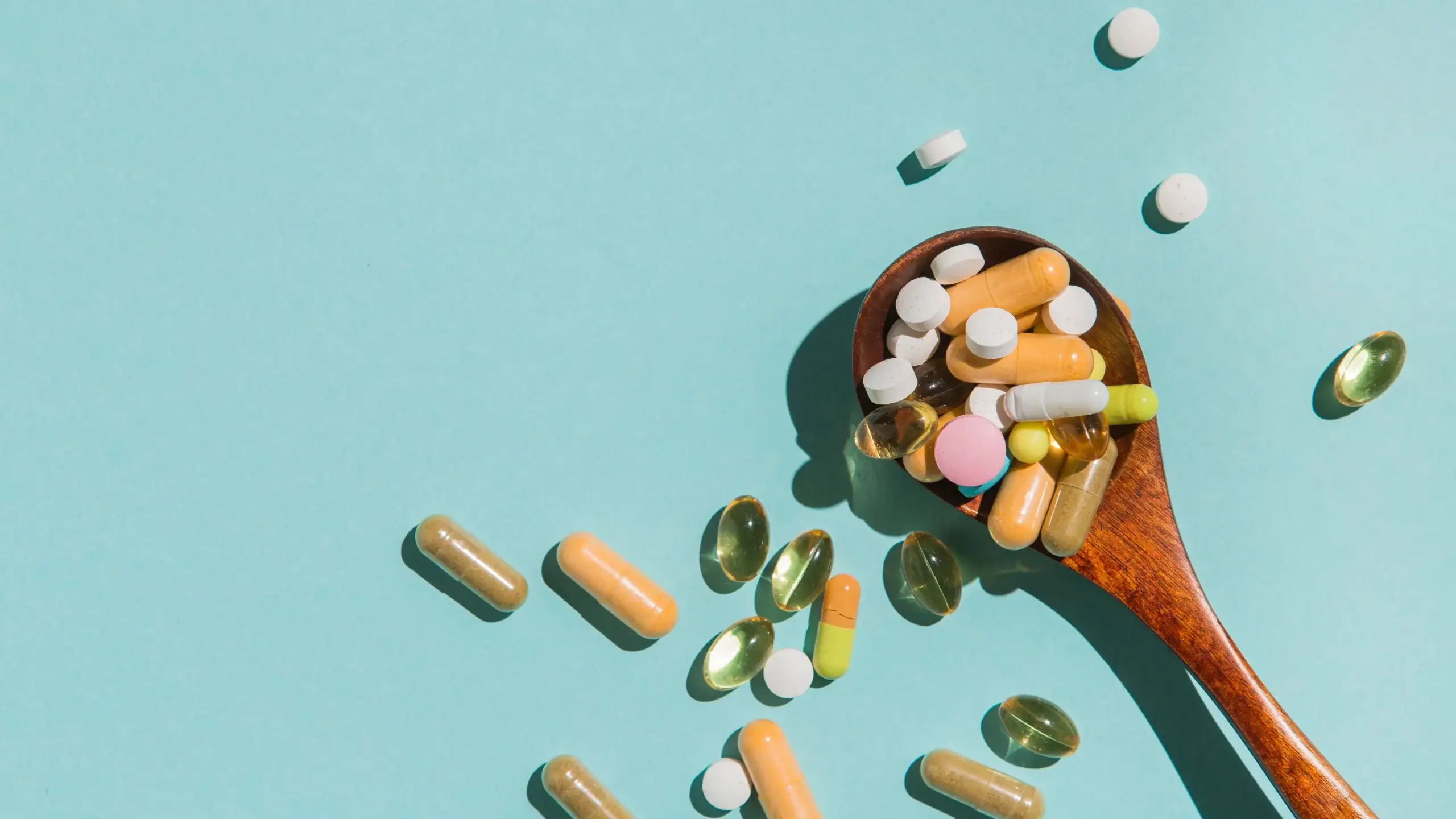What is Albumin? Essential Protein for Health
Albumin is a vital protein found in the blood, accounting for about 50% of plasma proteins. Produced mainly in the liver, this multifunctional protein plays a crucial role in maintaining overall health and well-being.
In this article, we will explore the world of albumin, unraveling its functions, health benefits, when and how to supplement, as well as addressing contraindications and important tips. Get ready to understand how this essential protein contributes to a healthier and more active life!
Functions of Albumin in the Body
Albumin takes on several crucial functions in the body, including:
- Transport of substances: Albumin acts as a true carrier in the blood, carrying nutrients such as amino acids, lipids, hormones, vitamins, and minerals throughout the body.
- Maintenance of osmotic pressure: This protein helps regulate the amount of water present in the blood and tissues, ensuring the vital balance for bodily functions.
- Prevention of edema: Albumin prevents the excessive accumulation of fluid in the tissues, combating swelling and contributing to cardiovascular health.
- Binding to toxins: Albumin binds to toxins and harmful compounds in the blood, aiding in their elimination by the body.
- Strengthening the immune system: This protein contributes to the production of defense cells, reinforcing the immune response against infections and diseases.
- Wound healing: Albumin assists in blood clot formation and collagen production, essential elements for proper wound healing.
Health Benefits of Albumin
The benefits of albumin extend to various areas of health, positively impacting the lives of people of different ages and lifestyles. Among the main benefits, we can highlight:
- Muscle gain: Albumin provides essential amino acids for muscle building and repair, being an important ally for those seeking muscle hypertrophy.
- Post-workout recovery: Consuming albumin after exercise helps with muscle recovery, reducing fatigue and optimizing workout results.
- Weight control: Albumin promotes satiety and helps control appetite, which can contribute to weight loss or maintenance of ideal weight.
- Bone health: Albumin is rich in calcium and other minerals important for bone health, preventing diseases such as osteoporosis.
- Improved cardiovascular health: Albumin helps regulate blood pressure and cholesterol levels, reducing the risk of heart disease.
- Strengthening the immune system: Albumin contributes to the production of defense cells, strengthening the immune response against infections and diseases.
- Aid in the treatment of diseases: Albumin can be used in the treatment of various diseases, such as cirrhosis of the liver, burns, and malnutrition.
When to Supplement Albumin?
Albumin supplementation can be beneficial for various groups of people, especially for:
- Athletes and exercisers: Albumin helps with muscle recovery, lean muscle gain, and performance optimization in training.
- Individuals with malnutrition: Albumin supplementation can help replenish essential proteins and nutrients for health recovery.
- People with chronic diseases: Albumin can be used in the treatment of diseases such as cirrhosis of the liver, burns, and kidney disease.
- The elderly: With aging, albumin production by the liver decreases, making supplementation an option to maintain adequate protein levels.
How to Consume Albumin?
Albumin can be found in various forms, such as:
- Food: Albumin is naturally present in foods such as eggs (whites), milk, and dairy products.
- Supplements: Albumin powder is the most common form of supplementation, which can be easily added to shakes, juices, or other recipes.
The ideal amount of albumin to be consumed varies according to individual needs, such as age, sex, level of physical activity, and goals. It is always recommended to consult a doctor or nutritionist to define the appropriate dosage.
Contraindications and Side Effects
Despite being safe for most people, albumin supplementation should be avoided in some cases, such as:
- People with kidney problems: Albumin can overload the kidneys, impairing their function.
- Individuals with gout: Albumin can increase uric acid levels in the blood, worsening gout.
- Pregnant and lactating women: The safety of albumin supplementation during pregnancy and breastfeeding has not been fully established. It is recommended to consult a doctor before supplementing.
The side effects of albumin are generally mild and rare, and may include:
- Bloating: High albumin intake can cause gas and intestinal bloating.
- Diarrhea: In some cases, albumin can cause mild diarrhea.
- Kidney stones: People who are predisposed may develop kidney stones with excessive albumin consumption.
Important Tips about Albumin
- Combine albumin with a balanced diet: Albumin is an important supplement, but it does not replace a healthy diet rich in protein from natural sources. Focus on consuming whole foods like lean meats, fish, beans, and nuts to ensure you’re getting a variety of essential amino acids.
- Drink plenty of water: Albumin can increase your need for fluids. Drink plenty of water throughout the day to aid in protein absorption and prevent dehydration.
- Choose quality albumin: Opt for reputable brands and tested products to guarantee the purity and safety of the albumin. Look for third-party certifications to ensure the quality of the supplement.
- Consult a professional: Talk to a doctor or nutritionist to assess the need for supplementation and define the ideal dose for your case. They can help you determine if albumin is right for you and recommend a safe and effective dosage based on your individual needs and health history.
Final Considerations
Albumin is an essential protein for health and well-being, playing various vital roles in the body. Albumin supplementation can be beneficial for athletes, the elderly, people with malnutrition, and individuals with specific health conditions. However, it is always important to consult a professional before starting supplementation, define the appropriate dose, and combine it with a balanced diet and healthy lifestyle habits.














